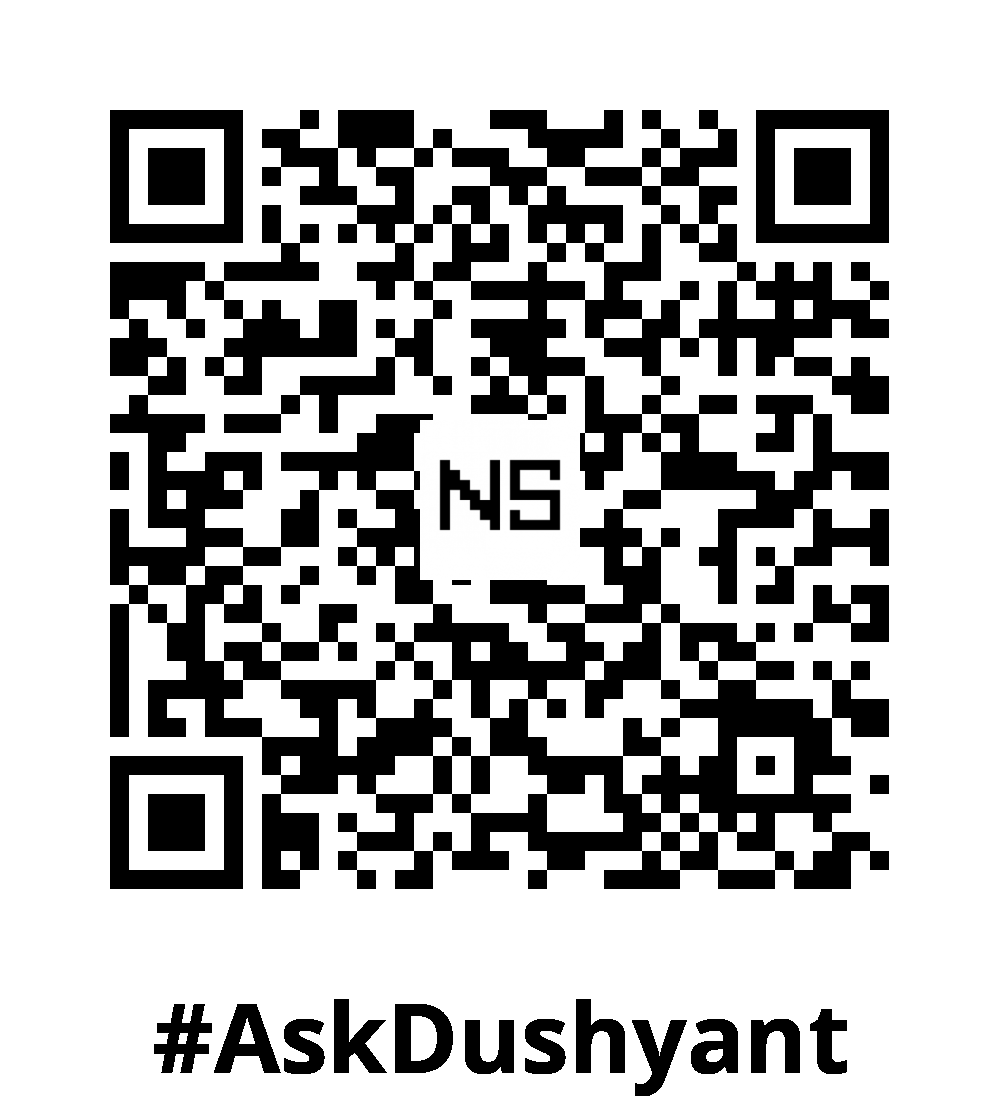In the corporate setting of management, possessing certain key traits is essential for achieving success. The 3 C’s – Communication, Consistency, and Conflict Resolution – are crucial skills that can greatly impact a manager’s ability to lead and deliver exceptional results. In this blog post, we will delve into each of these traits, providing clear definitions and illustrating their practical application in a corporate setting. By effectively utilizing the 3 C’s, managers can enhance team management, foster a productive work environment, and ensure successful client deliverables.
Communication: The Art of Effective Dialogue
Communication is the cornerstone of effective management. It involves the skillful exchange of ideas, expectations, and information within a team. Managers must communicate clearly, actively listen, and provide timely feedback. For instance, in a corporate setting, a manager can conduct regular team meetings, where they communicate project goals, assign tasks, and encourage open dialogue. By fostering transparent communication, the manager ensures that team members are aligned, motivated, and have a clear understanding of their roles and responsibilities.
Consistency: Building Trust and Reliability
Consistency is vital for building trust and reliability within a team. It entails treating employees fairly, adhering to established standards, and maintaining a stable work environment. For example, a manager can consistently follow through on commitments, provide regular feedback, and establish clear performance evaluation criteria. By demonstrating consistency in their actions, managers build trust and create an atmosphere of dependability, enabling team members to perform at their best.
Conflict Resolution: Transforming Challenges into Opportunities
Conflict is an inevitable part of any workplace, and effective managers possess the skills to address and resolve conflicts constructively. Conflict resolution involves facilitating open dialogue, active listening, and finding mutually beneficial solutions. In a corporate setting, a manager can mediate conflicts between team members, encourage empathy, and guide the parties involved towards a resolution that benefits the entire team. By skillfully managing conflicts, managers foster a positive work environment, strengthen relationships, and enable innovation and collaboration.
Let’s evaluate the 3 C’s of an effective manager in corporate setting during launch of a new analytical software. Let’s take a look at how a manager can utilize these traits effectively:
- Communication: The manager, Monika, understands the importance of clear and open communication with her team members. She holds regular team meetings to discuss project goals, timelines, and individual responsibilities. Monika ensures that everyone is on the same page and encourages team members to share their ideas and concerns. She also communicates with stakeholders, keeping them informed about the progress and addressing any queries promptly. By fostering transparent communication, Monika ensures that everyone is aligned and working towards the same objective.
- Consistency: Monika believes in setting clear expectations and maintaining consistency in her approach. She establishes standardized processes and workflows to ensure smooth project execution. Monika consistently provides feedback and recognizes the efforts of her team members, fostering a positive and motivating work environment. By maintaining consistency in her leadership style and expectations, Monika creates a sense of stability and reliability within the team.
- Conflict Resolution: In any project, conflicts and disagreements are inevitable. Monika understands the importance of addressing conflicts early and resolving them effectively. When conflicts arise within the team, she encourages open dialogue and active listening to understand different perspectives. Monika facilitates constructive discussions and helps the team find common ground. By effectively resolving conflicts, Monika promotes collaboration and ensures that the team can focus on delivering a successful software launch.
By effectively utilizing the 3 C’s – Communication, Consistency, and Conflict Resolution – Monika, the manager, creates a positive and productive environment for her team. The clear and open communication ensures that everyone is informed and aligned, while consistency establishes a sense of stability and reliability. With effective conflict resolution, Monika addresses challenges promptly, allowing the team to stay focused on the task at hand. As a result, the team successfully launches the new analytical software, meeting client expectations and achieving project goals.
My Corporate Advice: Successful team management and delivering exceptional client outcomes are closely tied to the effective utilization of the 3 C’s – Communication, Consistency, and Conflict Resolution. By mastering the art of communication, managers ensure clarity, alignment, and motivation within their teams. Consistency builds trust, reliability, and a sense of security among team members, enabling them to excel. Conflict resolution skills empower managers to transform challenges into opportunities, fostering collaboration and innovation.
"Individual commitment to a group effort - that is what makes a team work, a company work, a society work, a civilization work." - Vince Lombardi#AskDushyant


Leave a Reply